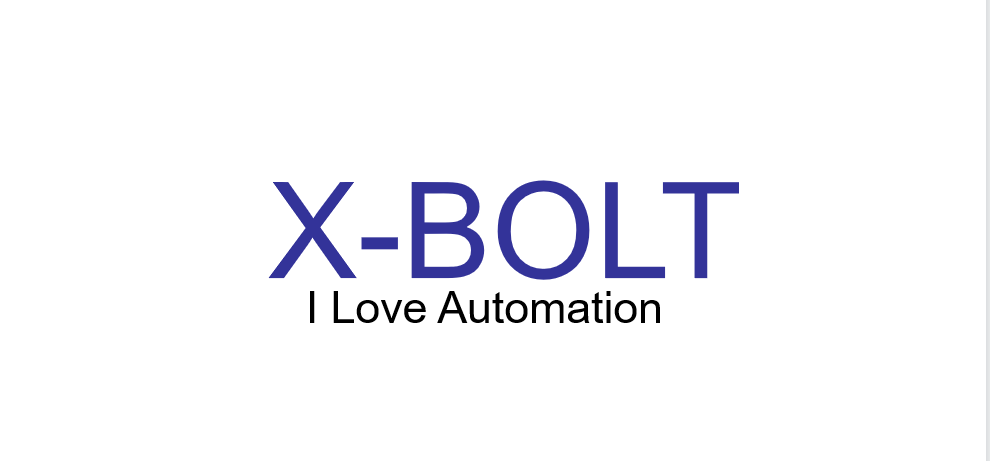The gradual transition to electric vehicles is a process that has now begun around the world, which will lead to the gradual withdrawal of vehicles powered by internal combustion engines from production. Climate change, the greenhouse effect and the reduction of polluting emissions are the main factors driving government authorities and automakers to introduce more and more battery-powered electric vehicles.
There is a lot of R&D activity in this area, with major advances in efficiency, greater vehicle range and faster battery charging processes. As a result of these results, the gap between traditional endothermic vehicles and more innovative electric vehicles is gradually narrowing. The transition to electric vehicles affects all countries in the world, including emerging countries, where replacing small motor vehicles such as rickshaws with zero-emission electric vehicles can drastically reduce pollution problems.
Power Global EV Solutions
Power Global is a California-based startup that is meeting the need for better electrification and energy storage solutions, bringing high-performance electric vehicle technology to India, meeting the demand for affordable high-quality electric vehicles, and replacing the Fossil fuel cars and lead-acid batteries.
Startup founder and CEO Porter Harris is an EV battery pioneer with extensive experience in high-tech innovation projects and businesses such as Faraday Future, Romeo Power Technology and SpaceX. Power Global’s mission is to help accelerate the transition from fossil fuels to electric vehicles by producing high-quality electric vehicle products that are affordable to consumers and small businesses in developing countries.
“I’ve been designing battery packs for SpaceX’s Falcon 9 rocket and Dragon spacecraft,” Harris said. “In one of my most recent ventures, we manufacture batteries for products ranging from forklifts to supercars such as Lamborghinis and Ferraris, covering needs in diverse sectors such as aerospace, consumer electronics and large stationary storage design applications.”
Power Global focuses on emerging markets, making electrification based on lithium-ion technology affordable and accessible to those markets that are lagging behind in the global EV push. The developed battery solution is specifically aimed at the Indian market and will be launched first in northern India early next year. From there, solutions will be made available to the rest of the country, before expanding to other emerging markets throughout Southeast Asia and Africa in about a year.
Retrofit kits for the global tricycle market (see Figure 1) will also be available.
The battery packs will be produced on-site in India as this will not only boost the local economy but also help alleviate potential problems in the global supply chain. The company’s flagship product is the eZee, a 2.5 kWh lightweight battery module, shown in Figure 2. It is a 100% reliable and maintenance free designed battery that provides long driving range in a replaceable 13kg module. Achieve the highest security in its class with patented thermal management, support real-time optimization of IoT connectivity, and provide a lifetime service guarantee.
The eZee modules feature high energy density (200 Wh/kg) and power (1,000 W/kg) in a small footprint (8 liters), and thanks to their IP67-/IP69K-rated protection and high vibration/shock resistance.
“Our battery modules have been optimized to take into account all thermal factors and environmental conditions, including vibration, shock and humidity,” Harris said. “Our design is very robust and incorporates advanced safety features. So if a thermal runaway occurs in one cell, it won’t spread to other cells within the same module.”
Electrification or retrofitting of existing rickshaws is important in regions such as India, where most tricycles are powered by lead-acid batteries or lithium-ion batteries imported from China. By using technology previously only seen in space or aerospace applications, Power Global will provide an affordable solution designed for India’s sometimes harsh environment.
“Inside the battery, we developed our own electronics that continuously monitor each series connection, measure the temperature within the module, and at key locations capable of measuring gradients within the module,” Harris said. “We also have a thermal system outside the battery that monitors the overall set point.”
The eZee battery module fits easily into Power Global’s Ravee Retrofit Kit vehicle module bay (Figure 3) and is compatible with over 90% of diesel and gasoline auto rickshaws on the road. The breakthrough design combines an integrated traction motor, motor controller and vehicle control unit in one easy-to-install system.
“Because our solution supports battery replacement, we can keep costs low not only in terms of batteries but also in terms of charging infrastructure,” Harris added. “Even if the battery itself can support fast charging, most emerging markets cannot support fast charging due to a lack of adequate infrastructure.”
By charging battery modules offline and for extended periods of time, the overall net load (or transient load) on the network can be reduced, helping to reduce the energy demand on the network. At the same time, for larger vehicles, it is better to have an infrastructure that supports renewable energy.
“I think the biggest move in emerging markets is to increase battery capacity and reliability and develop electrification infrastructure backed by renewable energy so that we not only provide clean mobility solutions but clean infrastructure solutions,” Harris Say.
Power Global is working with partner Redivivus to perform end-of-life battery recycling and recover up to 92% of the material. From a sustainability standpoint, the company is also working with its suppliers to re-integrate recycled modular materials into future products. This aspect includes plastics that can be reused up to 30% in the manufacture of new products.
“The benefit of the energy-as-a-service business model is that we can control everything from input to output because the battery is owned by us throughout its cycle life,” Harris said. “So we can make sure all of our products have a second life.”
